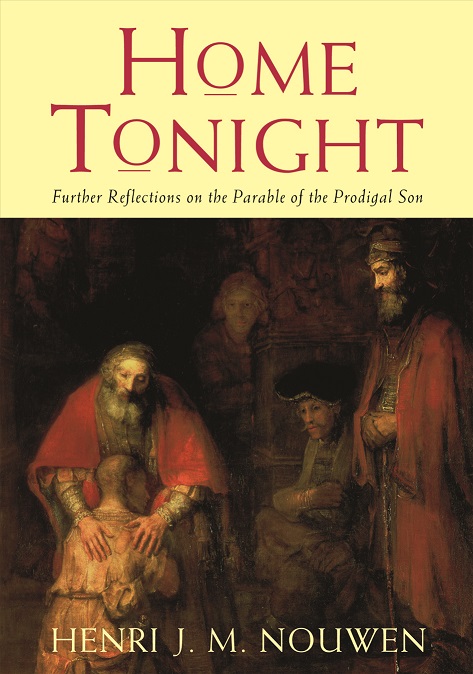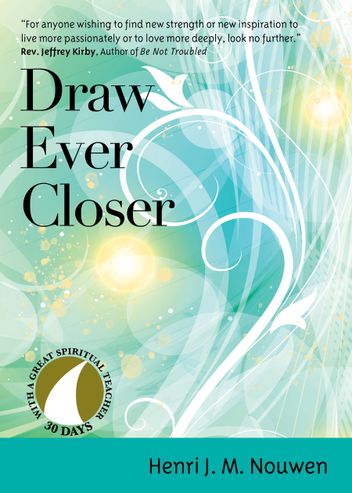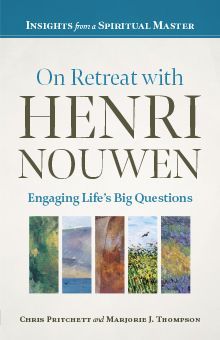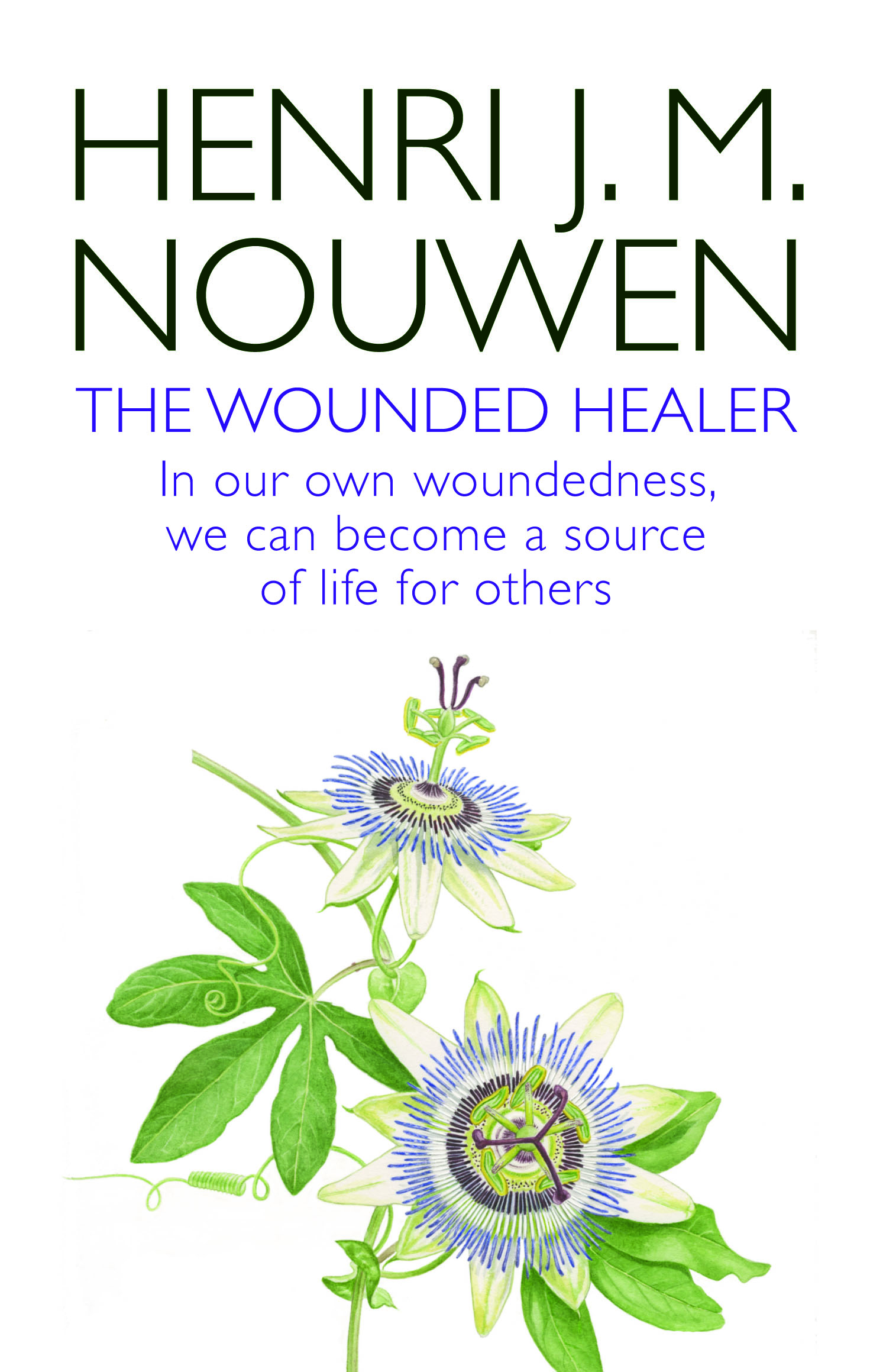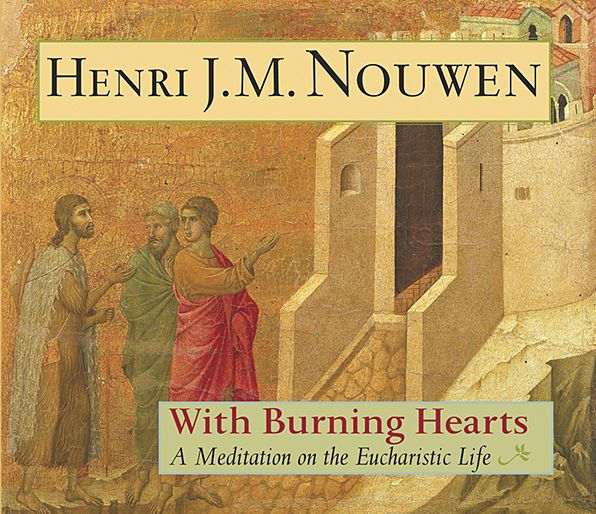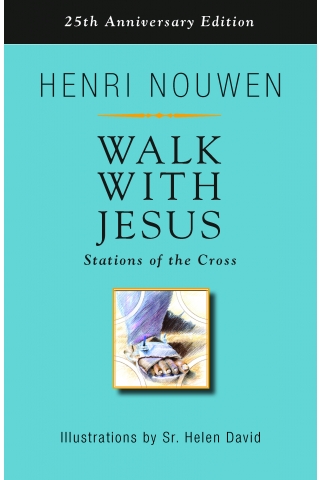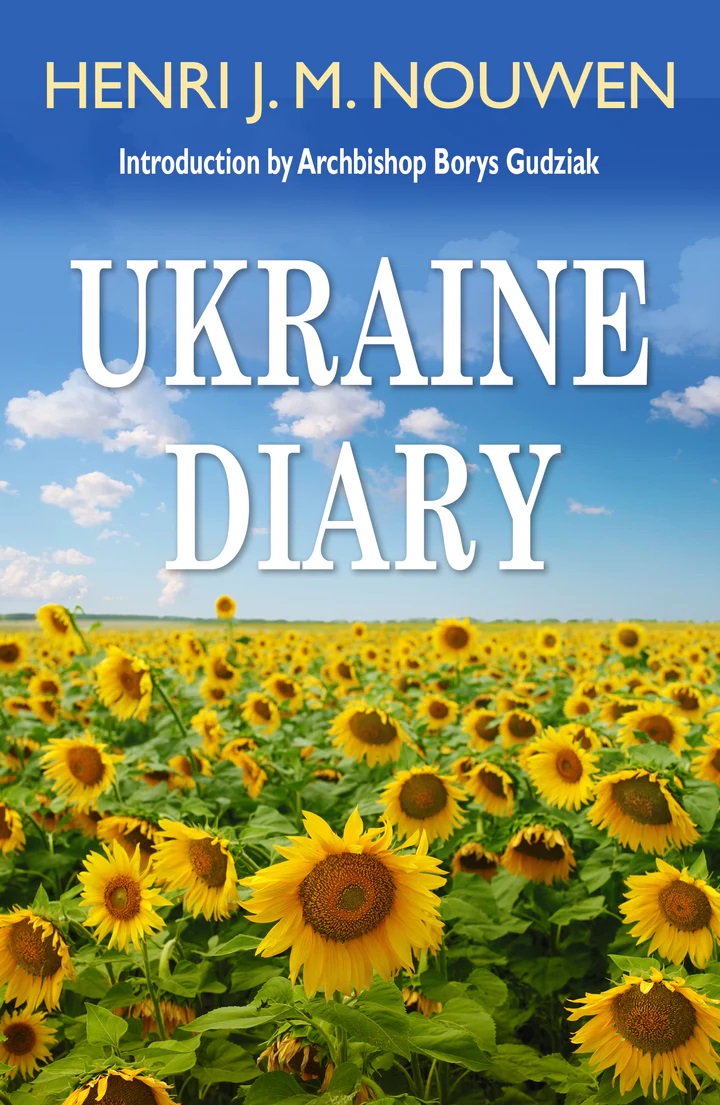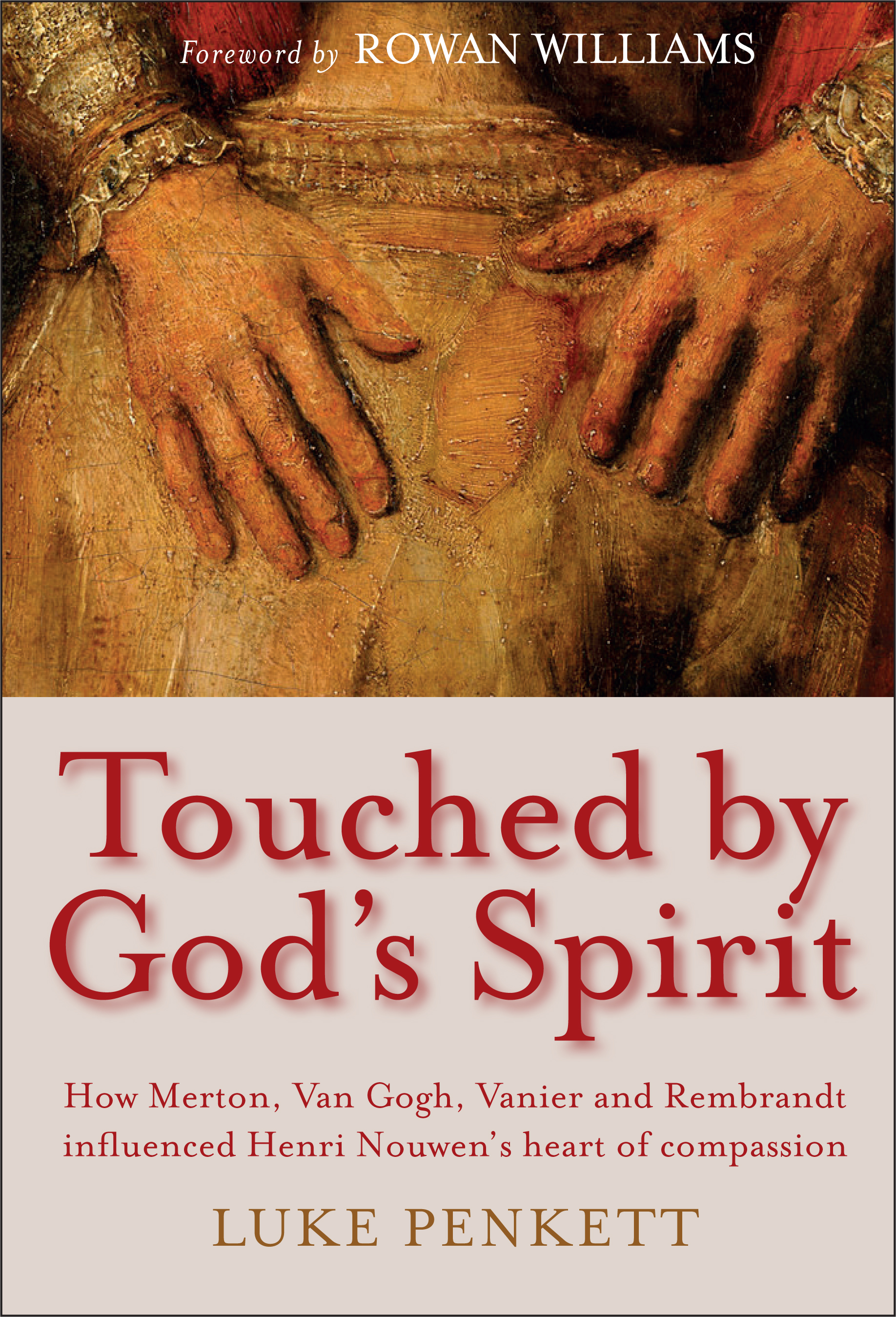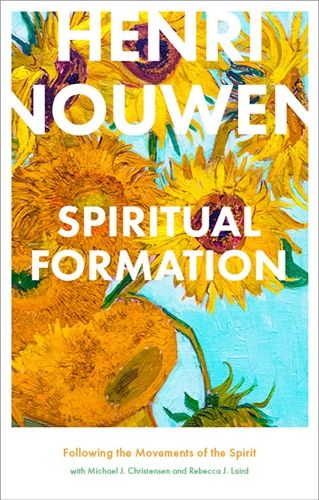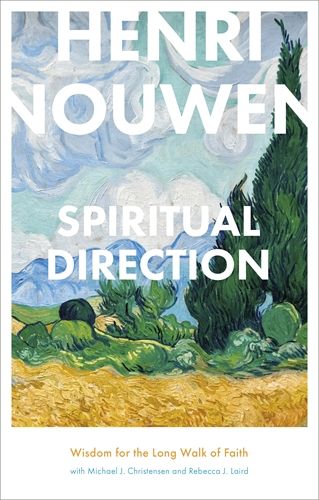“For Henri Nouwen, community is a basic need and hunger of the human heart. We are created for community, but often we do not experience it in the individualistic and competitive cultures that shape our lives. Community is a place marked by acceptance, intimacy, and vulnerability, where we can bear fruit in solidarity with others and be the body of Christ for the sake of the world. It is a place of care and celebration, the place where our wounds and weaknesses are exposed, a sheltered place for the confession of sin and brokenness, and a house of love where we can receive forgiveness and offer it in return.”
—From the Introduction by Stephen Lazarus
“Essays, by turns inspiring, challenging, and sometimes achingly human, on one of the most important topics of our age—by one of our age’s most important spiritual masters.”—James Martin, SJ, author, Learning to Pray
“Community presents ten chapters that are at the heart of the Gospel! Solitude and silence are the anchors that stabilize. Action for justice is the result. But the heart of Community revealed by Nouwen is that it is our similarities that lead us to compassion and oneness. This message is good news for these challenging and divided times.”—Simone Campbell, SSS, author, Hunger for Hope: Prophetic Communities, Contemplation, and the Common Good
“Community is not a human creation but a divine gift which calls for an obedient response. This response may require much patience and humility, much listening and speaking, much confrontation and self-examination, but it should always be an obedient response to a bond which is given and not made.”—Henri J. M. Nouwen
Henri Nouwen wrote and spoke often about community during his life and ministry as a pastor, priest, professor, and prolific author. His search for community propelled his writing and many of his life’s most significant life choices, including his decision to leave an academic teaching position in 1986 to serve as chaplain to the L’Arche Daybreak community in Richmond Hill, Ontario. There, living alongside those with intellectual and developmental disabilities and their assistants, his understanding and commitment to community ripened and matured. And yet, surprisingly, he never wrote a complete book on the subject. Now, drawing on a number of articles as well as previously unpublished material, this book provides a picture of why Nouwen thought community was such a necessary and integral part of the spiritual life in all its many dimensions.

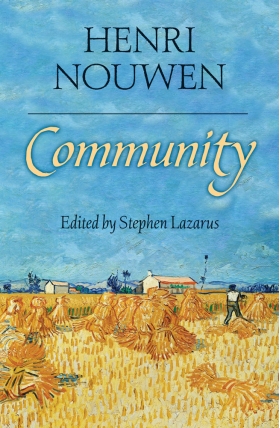
 Back
Back
